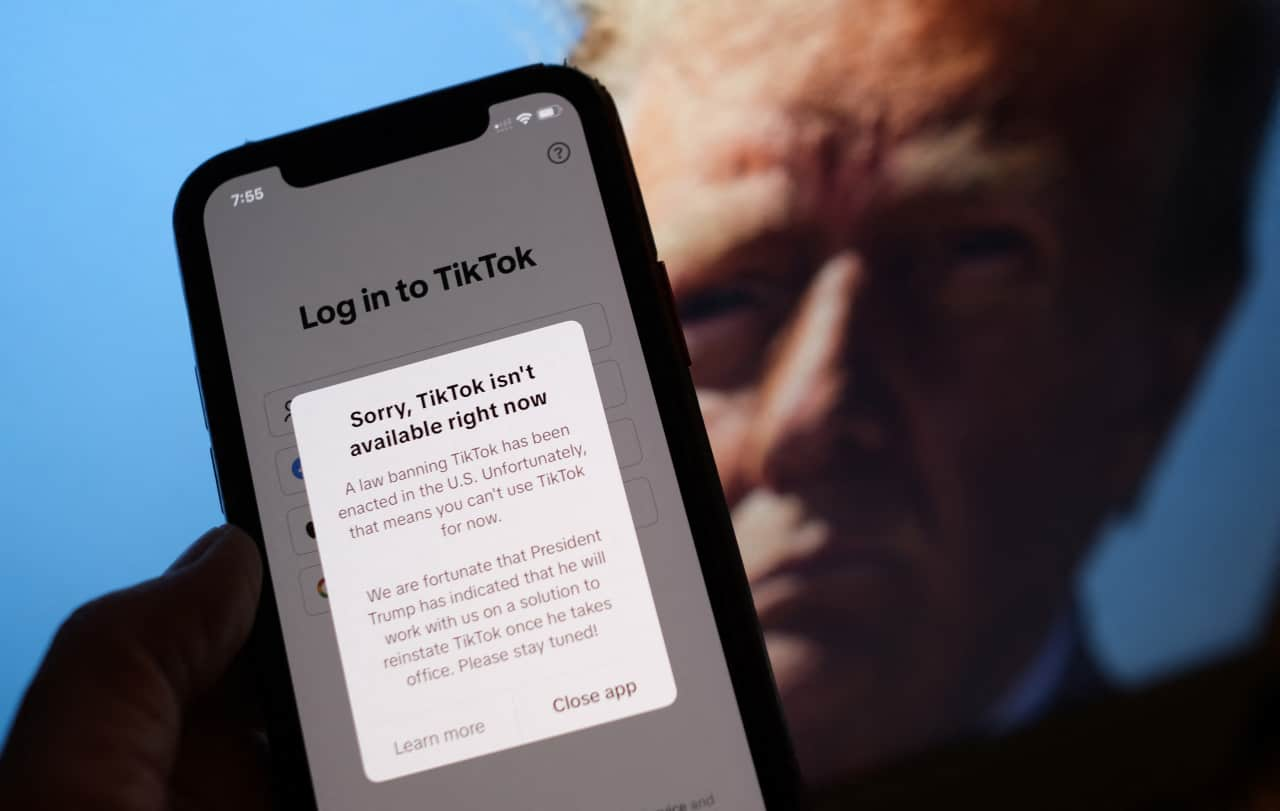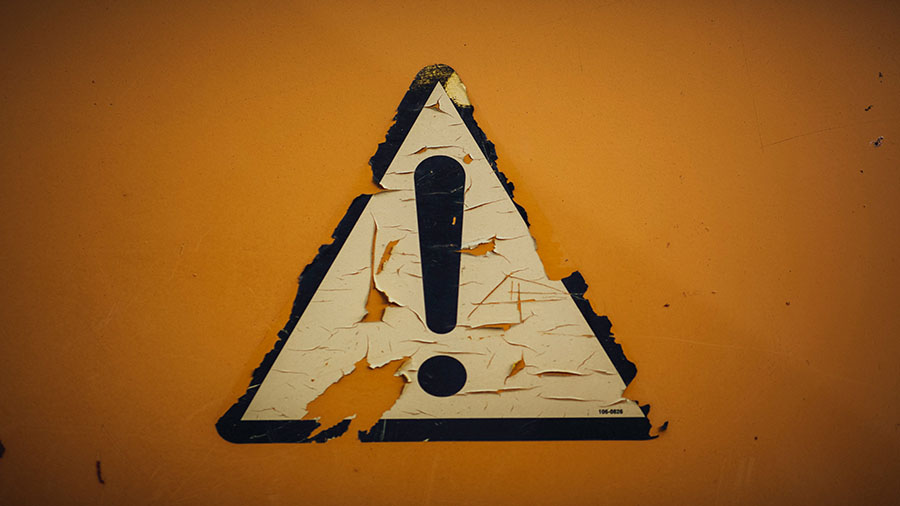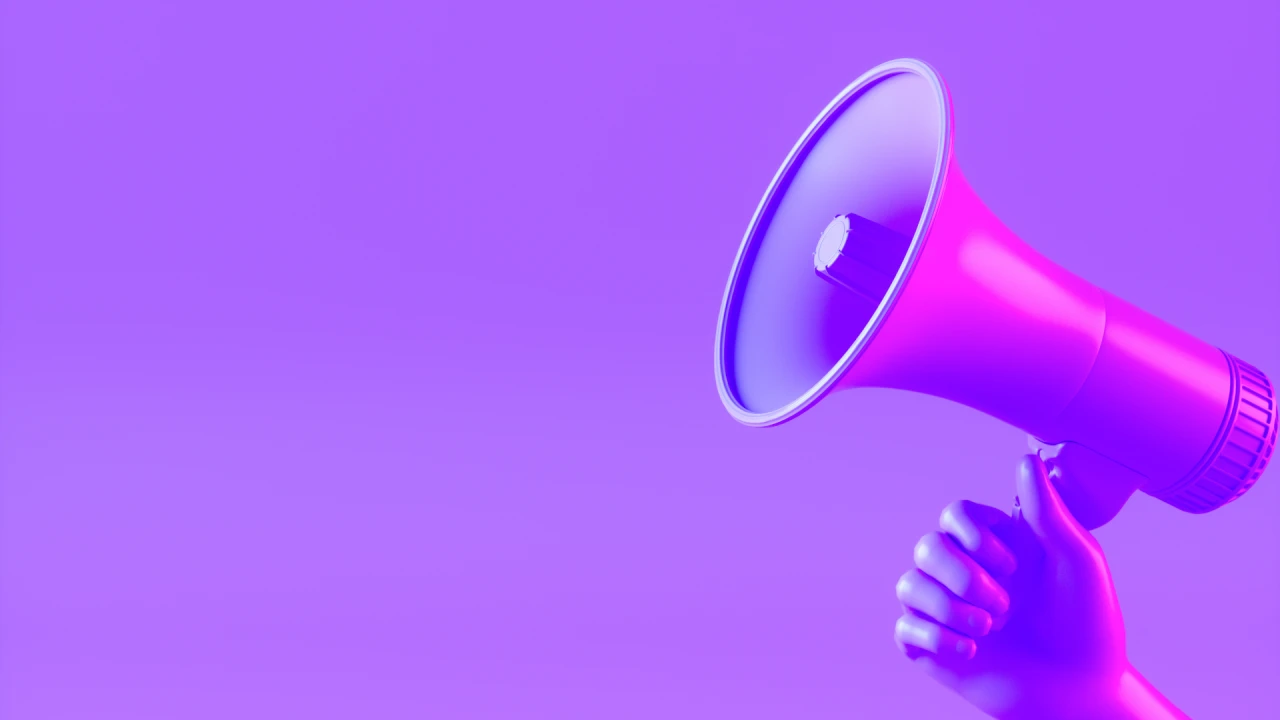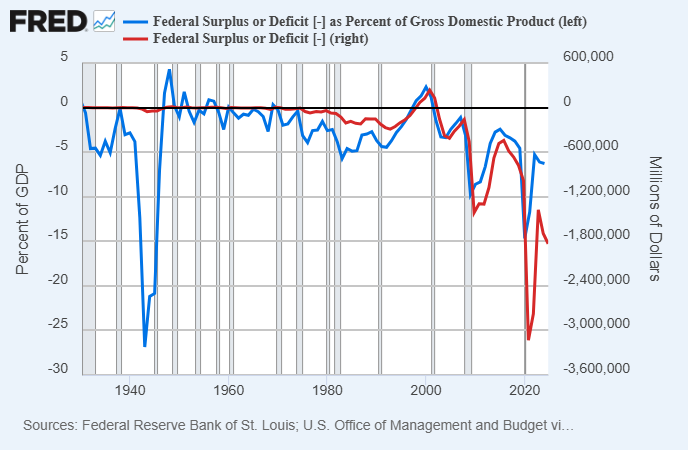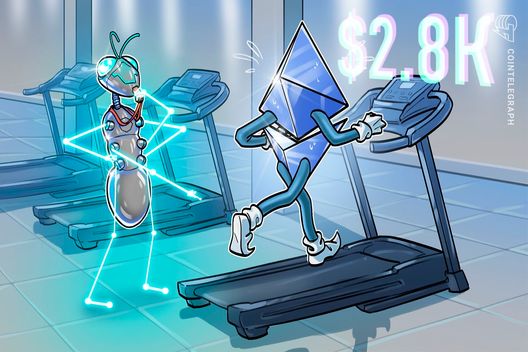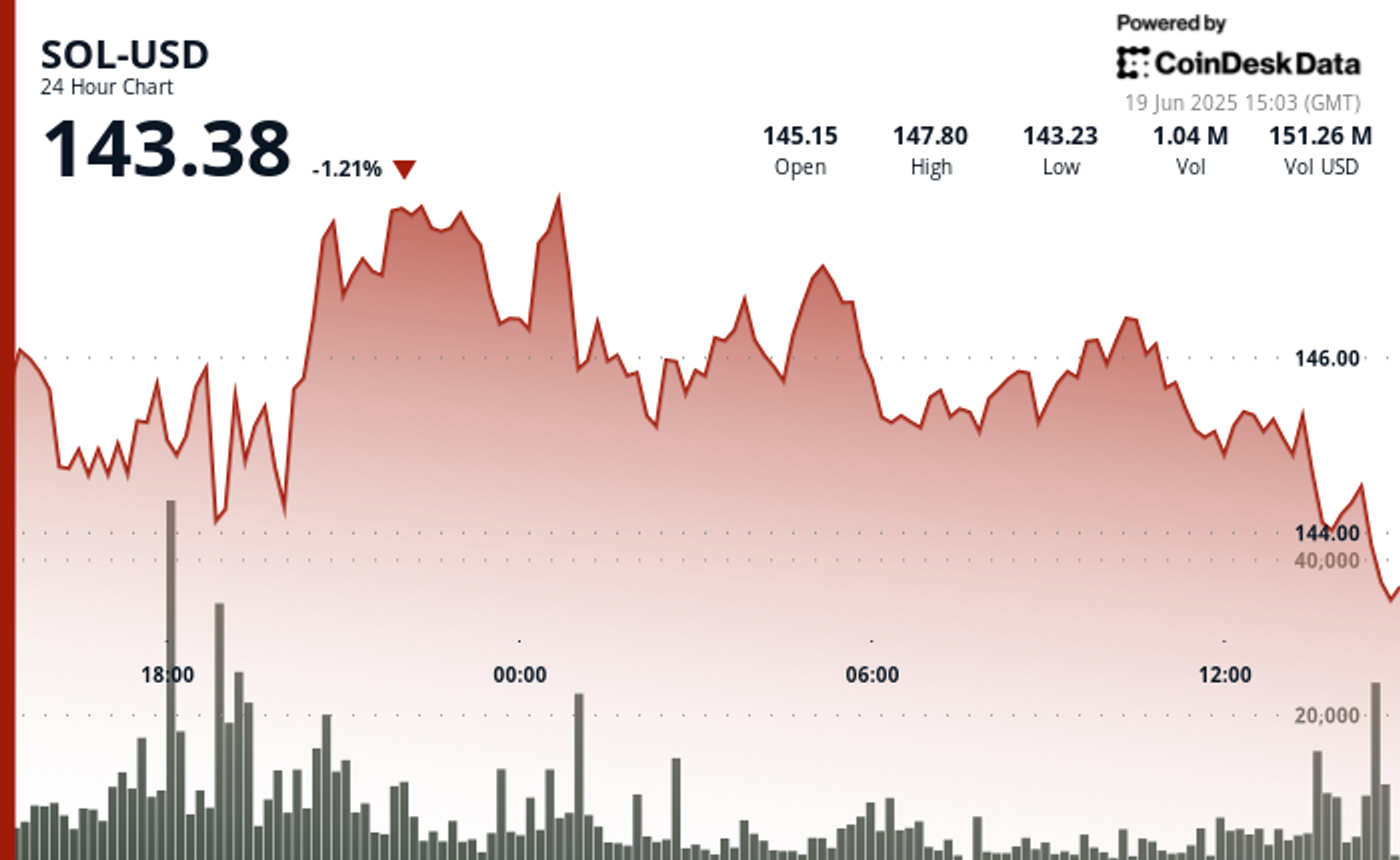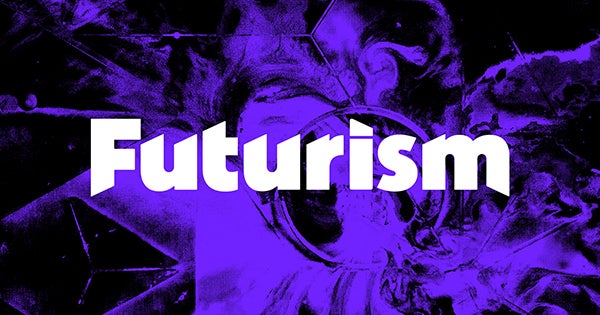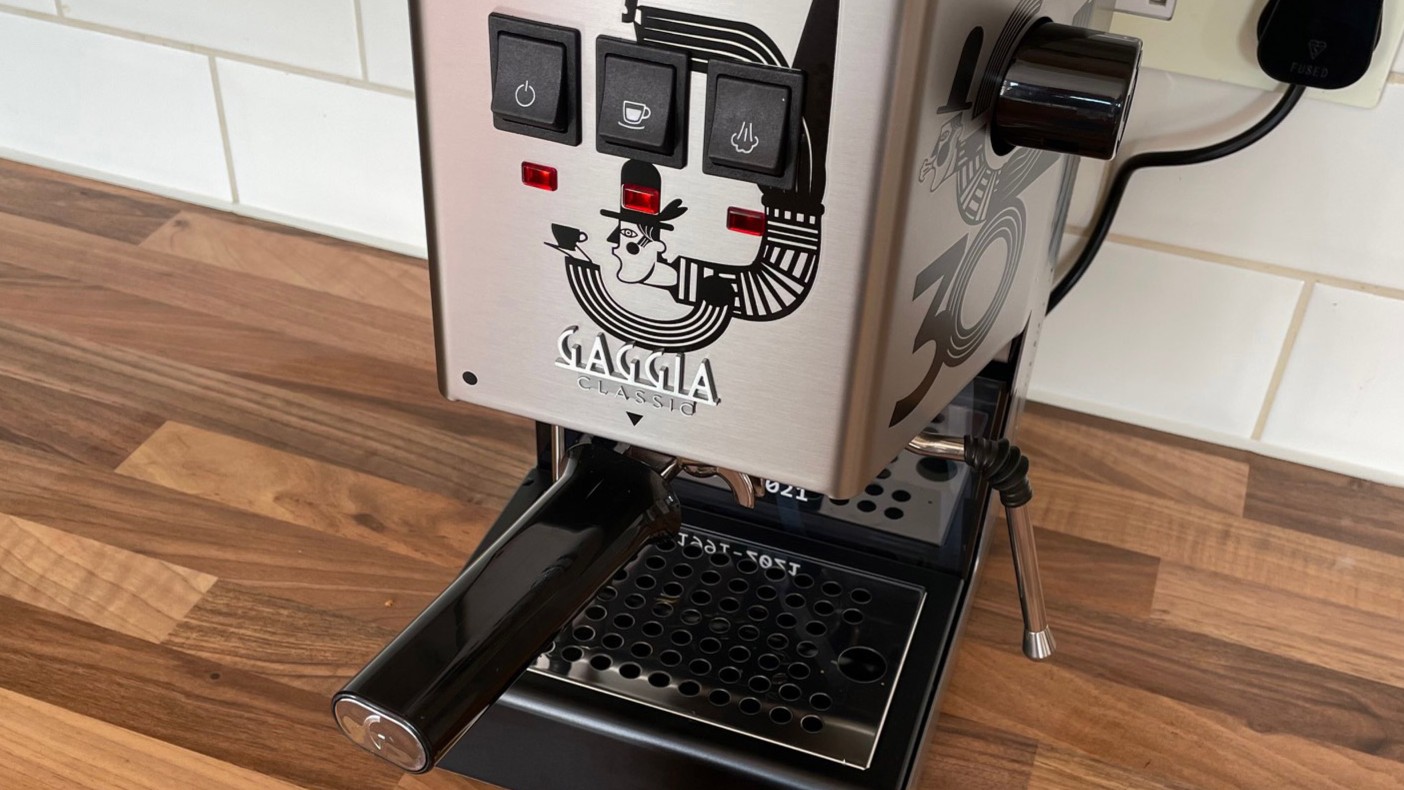Late for work. Laid off. Office romance. What your dreams about work might really mean
Ever dream about work? Have nightmares? According to a survey by the mattress review site EachNight.com, nearly two-thirds of us have job-related dreams that cause us to wake up stressed out and worried. Instead of shrugging them off, you might want to take note. While no definitive answer exists on the meaning of dreams, notable scientists, including Sigmund Freud and Carl Jung, believed they hold messages. Freud, for example, considered dreaming to be an expression of repressed or unconscious conflicts or desires, while Jung explained dreams as thoughts released by the subconscious, creating an internal dialogue. Modern research recently concluded that dreams are part of the brain’s data-dumping function, consolidating information it deems to be important. Dream interpreter Inbaal Honigman believes there is meaning in the dreams that you remember. “It could be something super benign, or it could be more than that,” she says. Honigman teamed up with JobLeads, an online job search platform, analyzing search data to find the most popular work-related dreams. Here are some of the most common, along with Honigman’s take on what they could be trying to tell you. Being Late for Work Getting to work late is the most common work-related dream, according to the JobLeads research. This theme falls into the anxiety dream category. While being late for work isn’t as “high stakes” as a dream about being late for a flight or wedding, Honigman says it still suggests that stress and pressure have entered your subconscious, creating feelings of being overwhelmed. To decipher this dream, you must get to its root. “It could be that you feel insecure at work, because work is very harsh,” Honigman says. “It could be that you feel insecure due to low self-esteem. It’s from the same dream school as being naked in the classroom. Anxiety is firing up your brain and sending you to the worst-case scenario.” Losing Your Job The next most common work-related dream involves losing your job or being fired. Honigman says you need to consider the emotion to understand the meaning. “Were you on any level relieved, because that would be very telling,” she says. “Or did you feel like you wouldn’t be able to manage afterwards?” Dreaming about losing your job doesn’t usually come out of the blue. Honigman says it could be related to surviving a recent layoff, knowing that the organization is facing difficulties, or experiencing difficult interactions with other staff members. “This dream can arise if you feel unsupported at work or in your personal life,” she says. “While it doesn’t necessarily predict an actual firing, heed it as a warning. It’s a subconscious signal urging you to address the pressures you’re facing and seek clarity or support in your job.” Getting a New Job Not all work-related dreams are stressful. The most common positive work dream involves getting a new job. According to Honigman, this can indicate a subconscious craving for change. While you don’t necessarily need to leave your work environment, it could mean you’re ready to seek out a fresh challenge or shift in responsibilities. “[Positive dreams are] less common, not because people hate their jobs, but because they’re less notable and life changing,” Honigman says. “A happy work dream can create a ripple effect, though, boosting your mood and leaving you feeling more motivated, confident, and energized.” Romance with a Coworker If you have a romantic dream that involves a coworker, you might wake up puzzled. Honigman says it doesn’t necessarily mean that you’re attracted to the person physically or romantically. Instead, it could indicate that you feel at home when you’re at work, or that you admire the person’s confidence, creativity, and work ethic. “This dream can mean you’re feeling very at ease, appreciated, and have some kind of excitement about going into work,” Honigman explains. “Or the dream could also signal a desire for greater harmony and cooperation within your professional relationships.” What to Do With Your Dreams As much as possible, Honigman recommends journaling about your dreams each morning. If that’s too difficult, share your dream with someone else. Writing it down or sharing it with someone makes you more likely to remember the story. Then, look at the emotions you’re feeling in the dream. For example, if you dream about getting a new job because you started your own business, how did you feel when you woke up? “For some people, it’s a sign of something they should be doing because they felt excited or proud,” Honigman says. “Someone else may wake up from that dream in abject horror.” While the dream doesn’t have to be identical, look for patterns that might indicate a situation that you haven’t resolved. Dreaming about being late to work again and again could mean that you have a work anxiety that needs to be addressed. How you fix it can have many different answers. Dreams
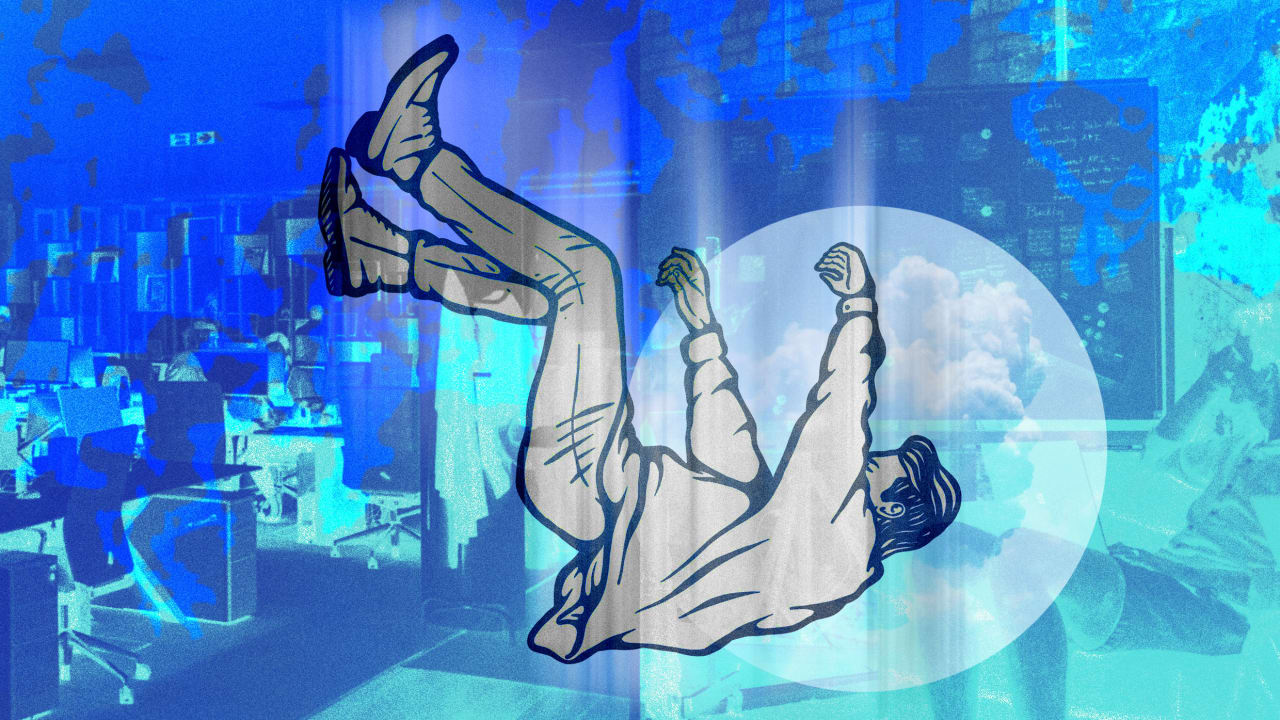
Ever dream about work? Have nightmares? According to a survey by the mattress review site EachNight.com, nearly two-thirds of us have job-related dreams that cause us to wake up stressed out and worried. Instead of shrugging them off, you might want to take note.
While no definitive answer exists on the meaning of dreams, notable scientists, including Sigmund Freud and Carl Jung, believed they hold messages. Freud, for example, considered dreaming to be an expression of repressed or unconscious conflicts or desires, while Jung explained dreams as thoughts released by the subconscious, creating an internal dialogue. Modern research recently concluded that dreams are part of the brain’s data-dumping function, consolidating information it deems to be important.
Dream interpreter Inbaal Honigman believes there is meaning in the dreams that you remember. “It could be something super benign, or it could be more than that,” she says.
Honigman teamed up with JobLeads, an online job search platform, analyzing search data to find the most popular work-related dreams. Here are some of the most common, along with Honigman’s take on what they could be trying to tell you.
Being Late for Work
Getting to work late is the most common work-related dream, according to the JobLeads research. This theme falls into the anxiety dream category. While being late for work isn’t as “high stakes” as a dream about being late for a flight or wedding, Honigman says it still suggests that stress and pressure have entered your subconscious, creating feelings of being overwhelmed. To decipher this dream, you must get to its root.
“It could be that you feel insecure at work, because work is very harsh,” Honigman says. “It could be that you feel insecure due to low self-esteem. It’s from the same dream school as being naked in the classroom. Anxiety is firing up your brain and sending you to the worst-case scenario.”
Losing Your Job
The next most common work-related dream involves losing your job or being fired. Honigman says you need to consider the emotion to understand the meaning. “Were you on any level relieved, because that would be very telling,” she says. “Or did you feel like you wouldn’t be able to manage afterwards?”
Dreaming about losing your job doesn’t usually come out of the blue. Honigman says it could be related to surviving a recent layoff, knowing that the organization is facing difficulties, or experiencing difficult interactions with other staff members.
“This dream can arise if you feel unsupported at work or in your personal life,” she says. “While it doesn’t necessarily predict an actual firing, heed it as a warning. It’s a subconscious signal urging you to address the pressures you’re facing and seek clarity or support in your job.”
Getting a New Job
Not all work-related dreams are stressful. The most common positive work dream involves getting a new job. According to Honigman, this can indicate a subconscious craving for change. While you don’t necessarily need to leave your work environment, it could mean you’re ready to seek out a fresh challenge or shift in responsibilities.
“[Positive dreams are] less common, not because people hate their jobs, but because they’re less notable and life changing,” Honigman says. “A happy work dream can create a ripple effect, though, boosting your mood and leaving you feeling more motivated, confident, and energized.”
Romance with a Coworker
If you have a romantic dream that involves a coworker, you might wake up puzzled. Honigman says it doesn’t necessarily mean that you’re attracted to the person physically or romantically. Instead, it could indicate that you feel at home when you’re at work, or that you admire the person’s confidence, creativity, and work ethic.
“This dream can mean you’re feeling very at ease, appreciated, and have some kind of excitement about going into work,” Honigman explains. “Or the dream could also signal a desire for greater harmony and cooperation within your professional relationships.”
What to Do With Your Dreams
As much as possible, Honigman recommends journaling about your dreams each morning. If that’s too difficult, share your dream with someone else. Writing it down or sharing it with someone makes you more likely to remember the story.
Then, look at the emotions you’re feeling in the dream. For example, if you dream about getting a new job because you started your own business, how did you feel when you woke up? “For some people, it’s a sign of something they should be doing because they felt excited or proud,” Honigman says. “Someone else may wake up from that dream in abject horror.”
While the dream doesn’t have to be identical, look for patterns that might indicate a situation that you haven’t resolved. Dreaming about being late to work again and again could mean that you have a work anxiety that needs to be addressed. How you fix it can have many different answers.
Dreams are not instructions. Honigman says you should consider them to be more like indications, especially in the case of anxiety work dreams.
“They’re not there to tell you stuff you don’t know,” she says. “Look at dreams as food for thought and very precious insight into what goes on in your mind. It’s valuable information, part of a jigsaw puzzle, and not the whole picture.”
If nothing else, looking for meaning in dreams can be fun, like solving a riddle or connecting the dots. Any thoughts on what a dream about riding a giant cat to work might mean? (Asking for a friend.)
![The Largest Communities on Reddit [Infographic]](https://imgproxy.divecdn.com/vfTS-YsC_ZrqM6F4tAXJgV6qj3gCHSsf2dvHufDbrrQ/g:ce/rs:fit:770:435/Z3M6Ly9kaXZlc2l0ZS1zdG9yYWdlL2RpdmVpbWFnZS9sYXJnZXN0X3JlZGRpdF9jb21tdW5pdGllczIucG5n.webp)






































